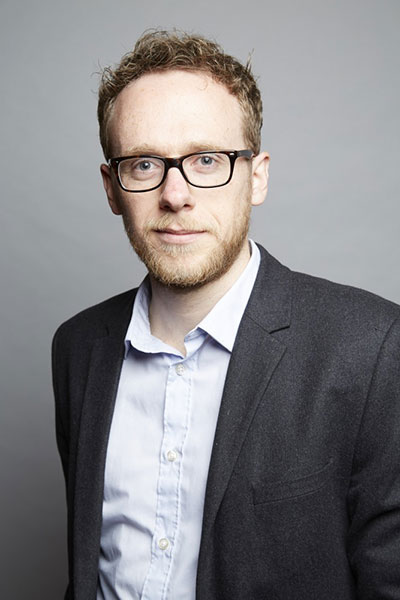A charity’s policy chief has sounded a warning over the treatment of autistic children in schools.
Tim Nicholls is assistant policy director for the National Autistic Society (NAS).

Tim Nicholls has flagged up concerns over autistic children’s discontent in schools as the Government announces plans to make it harder for families to home-educate
He said his charity’s research shows widespread discontent with school life among autistic pupils.
Tighter rules
Nicholls pointed out the charity’s findings as the UK Government announced plans to tighten home education rules.
He said just one in four autistic children is happy in school.
The figures showed that 74 per cent of parents said their child’s school place did not properly meet their needs.
Nicholls said his charity wants a country where “every autistic child gets the education they want”.
Automatic right scrapped
Meanwhile, the Government is scrapping the automatic right to home education.
The announcement came following the tragic death of Sara Sharif.
Sara’s father, Urfan Sharif, and stepmother Beinash Batool murdered the 10-year-old while they were home-educating her.
Parents will no longer have an automatic right to home-educate children if they are subject to a child protection investigation or under a child protection plan.
Also, if a child’s home is deemed unsuitable or unsafe, councils could force school attendance.
The Government announced the measures in the Children’s Wellbeing and Schools Bill.
Widespread discontent
Reports suggest up to 111,700 children are undergoing home education. This represents an increase of nearly 20 per cent from last year.
Discontent with schools is common among families of autistic and learning-disabled children. Their children are far more likely to be excluded.
Figures for 2022/23 showed the permanent exclusion rate for children with additional needs, but without an education, health and care plan (EHCP) at 0.37 was more than five times higher than for children without disabilities (0.07).
‘Children first’
Education secretary Bridget Phillipson vowed the Government would “put children first at every turn”.
Nicholls said the NAS was “going through the Bill closely to identify any impacts – whether positive or negative – for autistic children”.
Related:
Published: 2 January 2025


